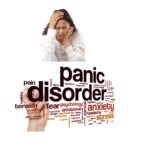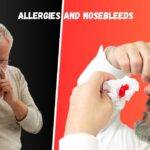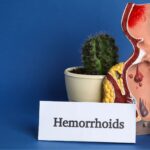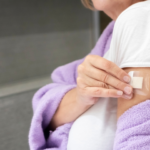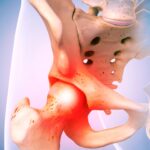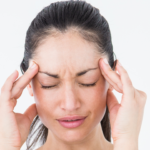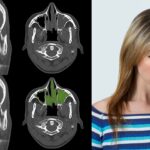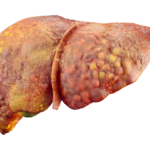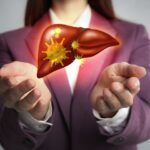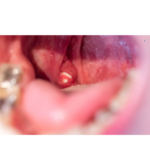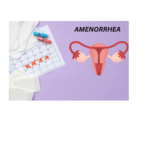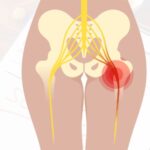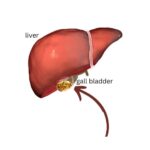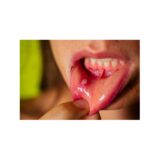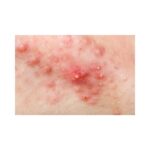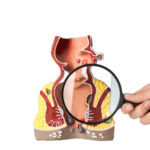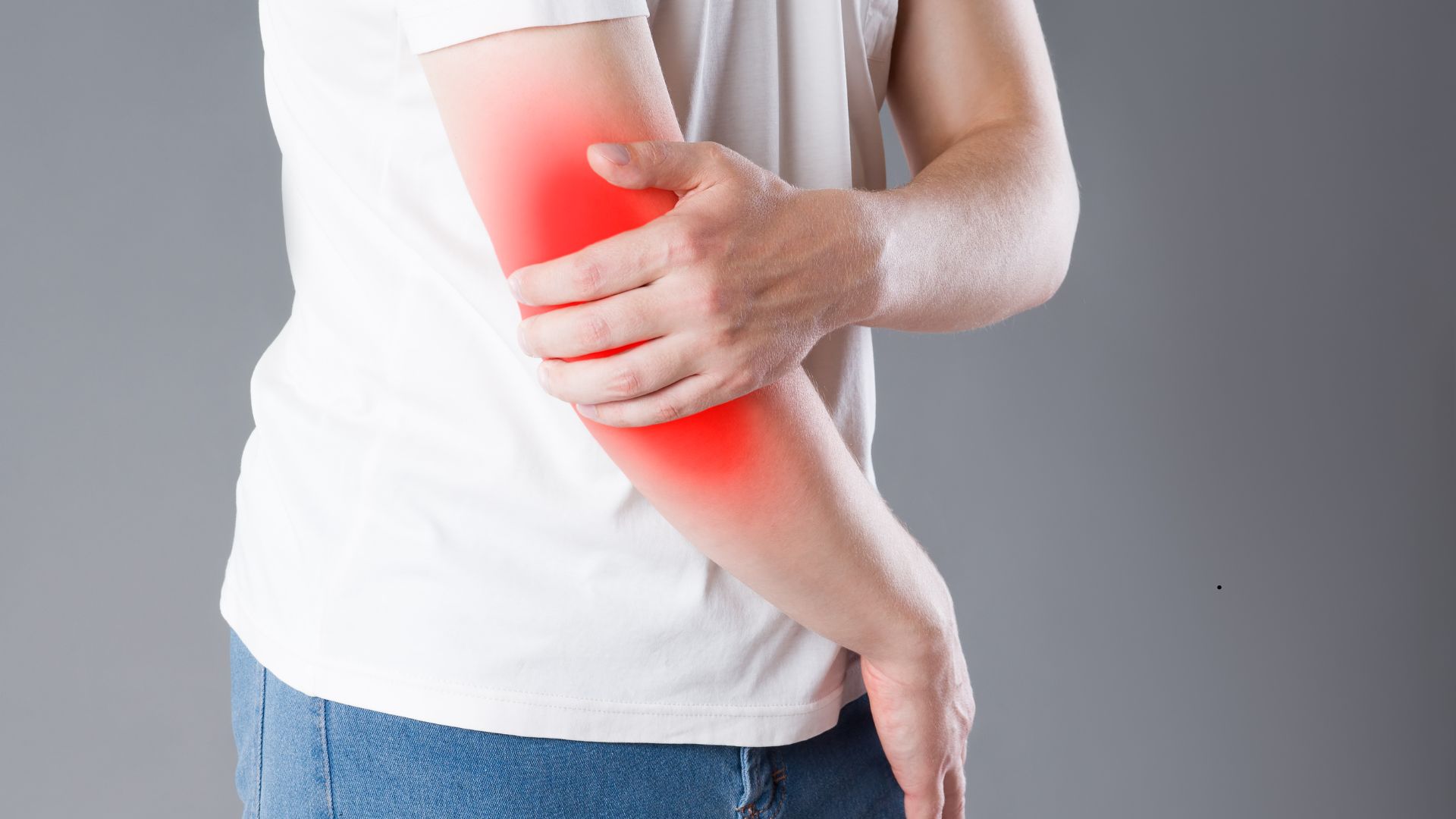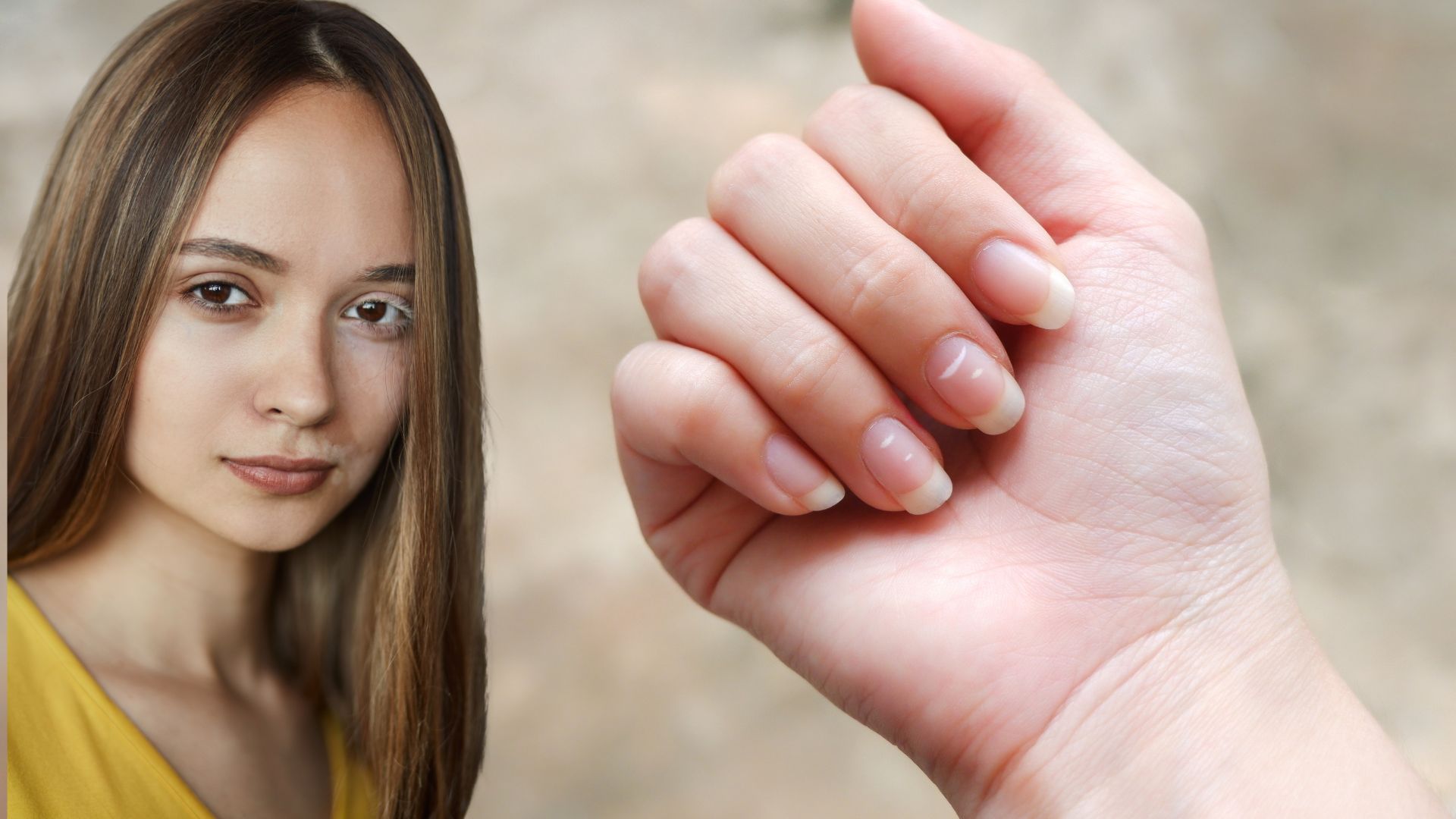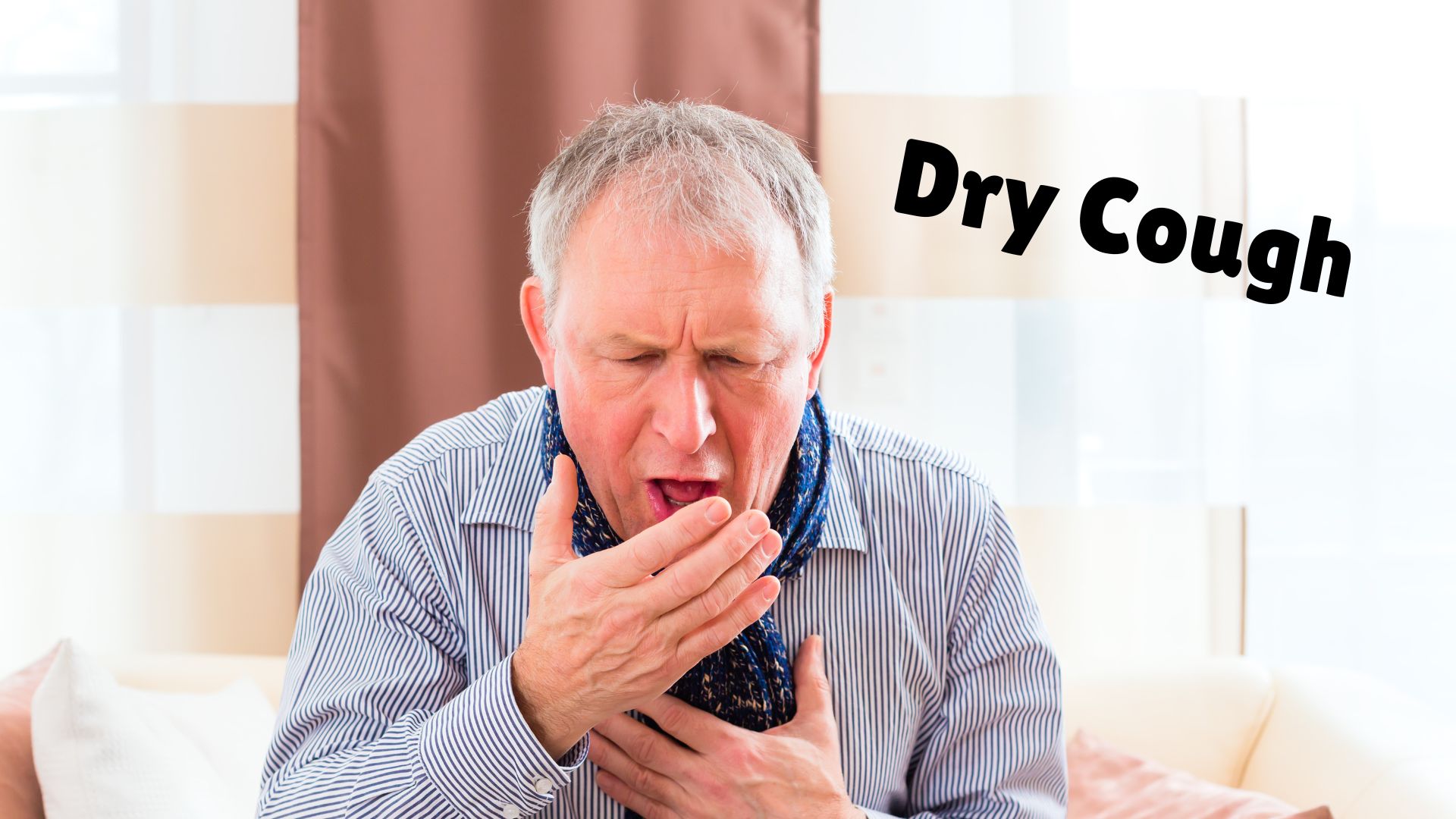Malaria is a life-threatening disease caused by parasites that are transmitted to people through the bites of infected female Anopheles mosquitoes. Here are some key points about malaria:
Causes
- Parasites: The disease is caused by Plasmodium parasites. The most common species that infect humans are Plasmodium falciparum, Plasmodium vivax, Plasmodium ovale, and Plasmodium malariae.
- Transmission: The parasites are transmitted to humans through the bites of infected female Anopheles mosquitoes.
Symptoms
- Common Symptoms: Fever, chills, headache, nausea and vomiting, muscle pain, and fatigue.
- Severe Symptoms: Seizures, confusion, severe anemia, respiratory distress, and multi-organ failure.
Diagnosis
- Microscopy: Examination of blood smears under a microscope to identify the presence of parasites.
- Rapid Diagnostic Tests (RDTs): These tests detect antigens derived from malaria parasites.
Treatment
- Antimalarial Medications: Treatment depends on the type of malaria parasite, the severity of the disease, and the patient’s health condition. Common medications include chloroquine, artemisinin-based combination therapies (ACTs), and primaquine.
Prevention
- Mosquito Control: Using insecticide-treated bed nets, indoor residual spraying with insecticides, and eliminating standing water where mosquitoes breed.
- Prophylactic Medication: Taking antimalarial drugs before, during, and after travel to areas where malaria is prevalent.
- Vaccination: The RTS,S/AS01 (RTS,S) malaria vaccine has been approved for use in children in areas with high transmission rates.
Global Impact
- Prevalence: Malaria is most common in tropical and subtropical regions, including parts of Africa, Asia, and Latin America.
- Mortality: It is a significant cause of illness and death, particularly in children under five in sub-Saharan Africa.
Research and Development
- New Treatments and Vaccines: Ongoing research aims to develop more effective treatments and vaccines to combat malaria.
- Drug Resistance: Efforts are also focused on addressing the growing issue of drug-resistant malaria strains.
BEST HOMEOPETHIC MEDICINE FOR MALARIA.
Homeopathy is a complementary and alternative medicine system that is used by some individuals for various health conditions, including malaria. However, it is important to note that the effectiveness of homeopathic treatments for malaria is not supported by scientific evidence, and conventional medical treatments are highly recommended for this serious and potentially life-threatening disease.
That being said, here are some commonly mentioned homeopathic remedies that some practitioners may suggest for symptoms associated with malaria:
- China (Cinchona officinalis): Often recommended for symptoms such as weakness, sweating, and chills after a fever, similar to those experienced during malaria.
- Arsenicum album: Suggested for high fevers with chills, restlessness, and anxiety, which can sometimes resemble malaria symptoms.
- Natrum muriaticum: Used for fevers that come on during the morning or late afternoon, accompanied by intense thirst and sweating.
- Eupatorium perfoliatum: Suggested for fevers with severe bone pain, which is sometimes described as “breakbone fever.”
- Nux vomica: Recommended for fever and chills, especially when the person is irritable and sensitive to stimuli.
- Belladonna: Used for sudden onset of high fever with red, flushed face, and throbbing headaches.
Important Considerations
- Consult a Healthcare Professional: It is crucial to seek immediate medical attention from a healthcare professional if malaria is suspected. Malaria can progress rapidly and lead to serious complications or death if not treated promptly and appropriately with antimalarial medications.
- Complementary Approach: If you are considering homeopathic remedies as a complementary approach, discuss this with your healthcare provider to ensure it does not interfere with conventional treatment.
- Scientific Evidence: There is no robust scientific evidence to support the use of homeopathy as an effective treatment for malaria. Relying solely on homeopathy for malaria can be dangerous.
Conclusion
Conventional antimalarial medications are the proven and recommended treatment for malaria. Homeopathic remedies, while used by some, should not replace conventional medical treatment. Always prioritize seeking professional medical advice and treatment for malaria.





